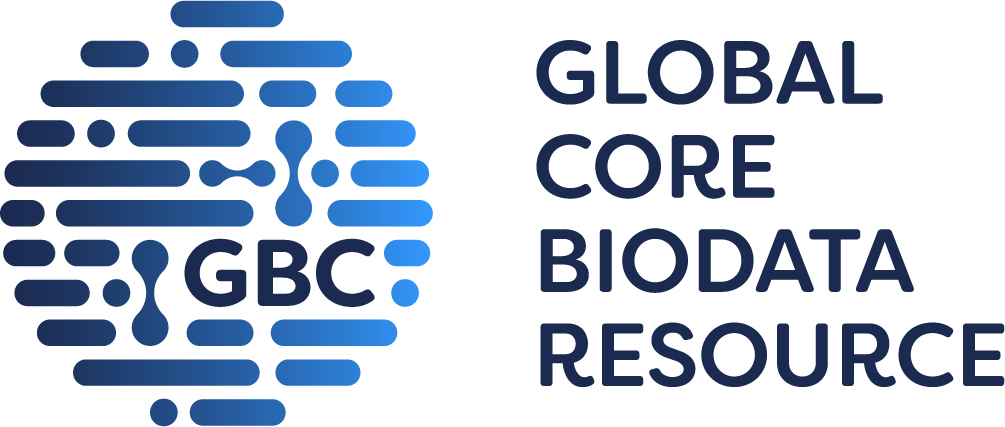
basmisanil [Ligand Id: 10427] activity data from GtoPdb and ChEMBL
Click here for a description of the charts and data table
Please tell us if you are using this feature and what you think!
| ChEMBL ligand: CHEMBL3681419 (Basmisanil, Rg1662, RG-1662, RG1662, RO-5186582, RO5186582, RO5186582-000) |
|---|
There should be some charts here, you may need to enable JavaScript!
|
There should be some charts here, you may need to enable JavaScript!
|
There should be some charts here, you may need to enable JavaScript!
|
There should be some charts here, you may need to enable JavaScript!
|
There should be some charts here, you may need to enable JavaScript!
|
| DB | Assay description | Assay Type | Standard value | Standard parameter | Original value | Original units | Original parameter | Reference |
|---|---|---|---|---|---|---|---|---|
| GABAA receptor γ2 subunit/GABAA receptor β3 subunit/GABAA receptor α5 subunit/GABA-A receptor; alpha-5/beta-3/gamma-2 in Human (target type: PROTEIN COMPLEX) [ChEMBL: CHEMBL2094122] [GtoPdb: 414, 412, 408] [UniProtKB: P18507, P28472, P31644] | ||||||||
| GtoPdb | Binding affinity determined in a radioligand displacement assay: test compound competition for [3H]flumazenil at α5β3γ2 GABAA channels transiently expressed in HEK293 cells. | - | 8.33 | pKi | 4.7 | nM | Ki | WO2009071476A1. Isoxazolo-pyridine derivatives (2009) |
| ChEMBL | Displacement of [3H]Ro151788 from human recombinant alpha5beta3gamma2 GABAA receptor stably expressed in HEK293 cell membrane assessed as inhibition constant by radioligand binding assay | B | 8.36 | pKi | 4.4 | nM | Ki | J Med Chem (2022) 65: 7876-7895 [PMID:35584373] |
| GABAA receptor α1 subunit/Gamma-aminobutyric acid receptor subunit alpha-1 in Human (target type: SINGLE PROTEIN) [ChEMBL: CHEMBL1962] [GtoPdb: 404] [UniProtKB: P14867] | ||||||||
| ChEMBL | Negative allosteric modulation of alpha1 GABAA (unknown origin) | B | 5.92 | pKi | 1214 | nM | Ki | Bioorg Med Chem Lett (2023) 80: 129107-129107 [PMID:36549396] |
| ChEMBL | Binding affinity to GABA-A alpha1 (unknown origin) | B | 6.01 | pKi | 985 | nM | Ki | J Med Chem (2020) 63: 3425-3446 [PMID:31738537] |
| GABAA receptor α2 subunit/Gamma-aminobutyric acid receptor subunit alpha-2 in Human (target type: SINGLE PROTEIN) [ChEMBL: CHEMBL4956] [GtoPdb: 405] [UniProtKB: P47869] | ||||||||
| ChEMBL | Binding affinity to GABA-A alpha2 (unknown origin) | B | 6.3 | pKi | 502 | nM | Ki | J Med Chem (2020) 63: 3425-3446 [PMID:31738537] |
| GABAA receptor α3 subunit/Gamma-aminobutyric acid receptor subunit alpha-3 in Human (target type: SINGLE PROTEIN) [ChEMBL: CHEMBL3026] [GtoPdb: 406] [UniProtKB: P34903] | ||||||||
| ChEMBL | Binding affinity to GABA-A alpha3 (unknown origin) | B | 6.31 | pKi | 489 | nM | Ki | J Med Chem (2020) 63: 3425-3446 [PMID:31738537] |
| GABAA receptor α5 subunit/Gamma-aminobutyric acid receptor subunit alpha-5 in Human (target type: SINGLE PROTEIN) [ChEMBL: CHEMBL5112] [GtoPdb: 408] [UniProtKB: P31644] | ||||||||
| ChEMBL | Radioligand Binding Assay: Radioligand binding assays were carried out in a volume of 200 mL (96-well plates) which contained 100 mL of cell memebranes, [3H]flumazenil at a concentration of 1 nM for α1, α2, α3 subunits and 0.5 nM for α5 subunits and the test compound in the range of 10-10−3x10−6 M. Nonspecific binding was defined by 10−5 M diazepam and typically represented less than 5% of the total binding. Assays were incubated to equilibrium for 1 hour at 4 C. and harvested onto GF/C uni-filters (Packard) by filtration using a Packard harvester and washing with ice-cold wash buffer (50 mM Tris; pH 7.5). After drying, filter-retained radioactivity was detected by liquid scintillation counting. | B | 8.33 | pKi | 4.7 | nM | Ki | US-8846719-B2. Isoxazolo-pyridine derivatives (2014) |
| ChEMBL | Binding affinity to GABA-A alpha5 (unknown origin) | B | 8.33 | pKi | 4.7 | nM | Ki | J Med Chem (2020) 63: 3425-3446 [PMID:31738537] |
| GtoPdb | Binding affinity determined in a radioligand displacement assay: test compound competition for [3H]flumazenil at α5β3γ2 GABAA channels transiently expressed in HEK293 cells. | - | 8.33 | pKi | 4.7 | nM | Ki | WO2009071476A1. Isoxazolo-pyridine derivatives (2009) |
| ChEMBL | Negative allosteric modulation of alpha5 GABAA (unknown origin) | B | 8.36 | pKi | 4.4 | nM | Ki | Bioorg Med Chem Lett (2023) 80: 129107-129107 [PMID:36549396] |
ChEMBL data shown on this page come from version 36:
Zdrazil B, Felix E, Hunter F, Manners EJ, Blackshaw J, Corbett S, de Veij M, Ioannidis H, Lopez DM, Mosquera JF, Magarinos MP, Bosc N, Arcila R, Kizilören T, Gaulton A, Bento AP, Adasme MF, Monecke P, Landrum GA, Leach AR. (2024). The ChEMBL Database in 2023: a drug discovery platform spanning multiple bioactivity data types and time periods. Nucleic Acids Res., 52(D1). DOI: 10.1093/nar/gkad1004. [EPMCID:10767899] [PMID:37933841]
Davies M, Nowotka M, Papadatos G, Dedman N, Gaulton A, Atkinson F, Bellis L, Overington JP. (2015) 'ChEMBL web services: streamlining access to drug discovery data and utilities.' Nucleic Acids Res., 43(W1). DOI: 10.1093/nar/gkv352. [EPMCID:25883136]







